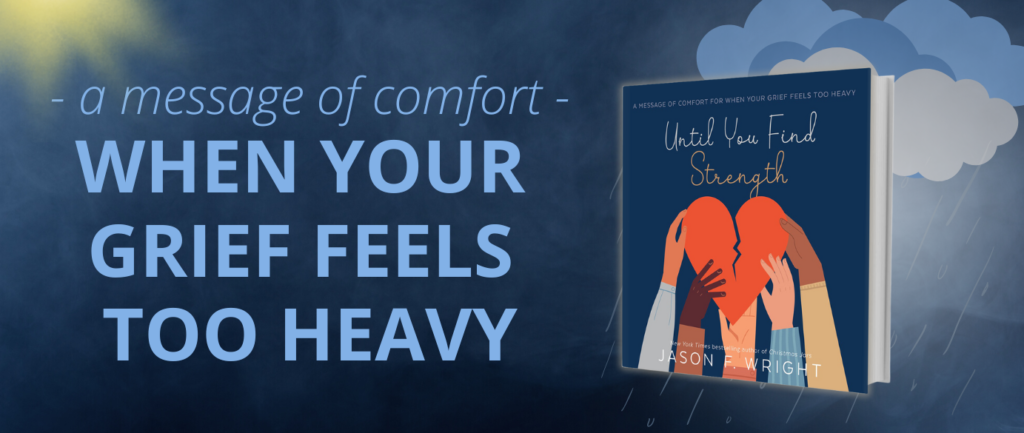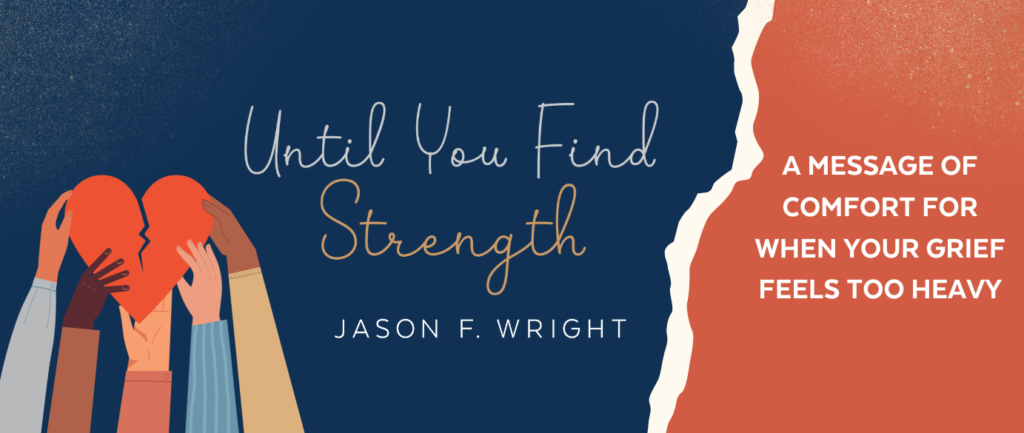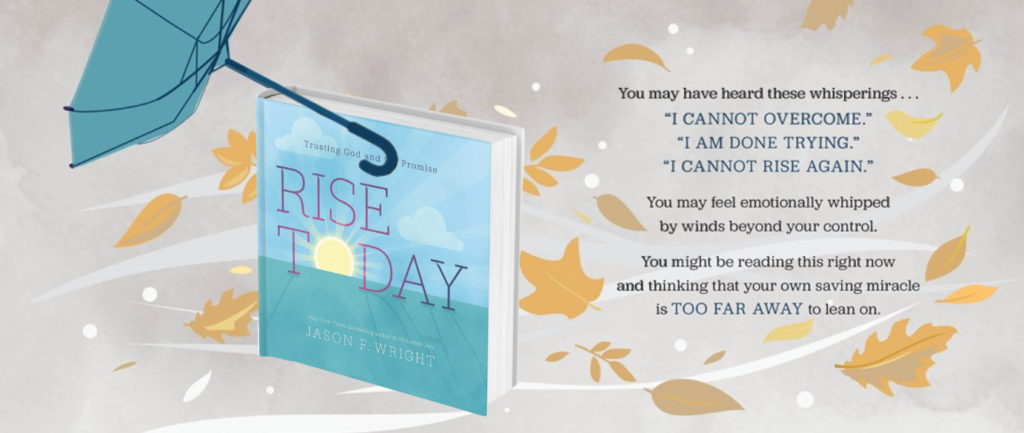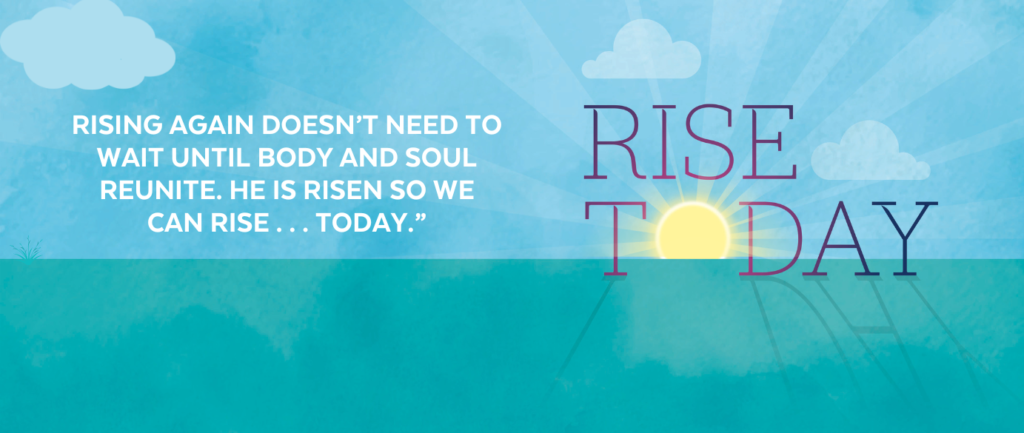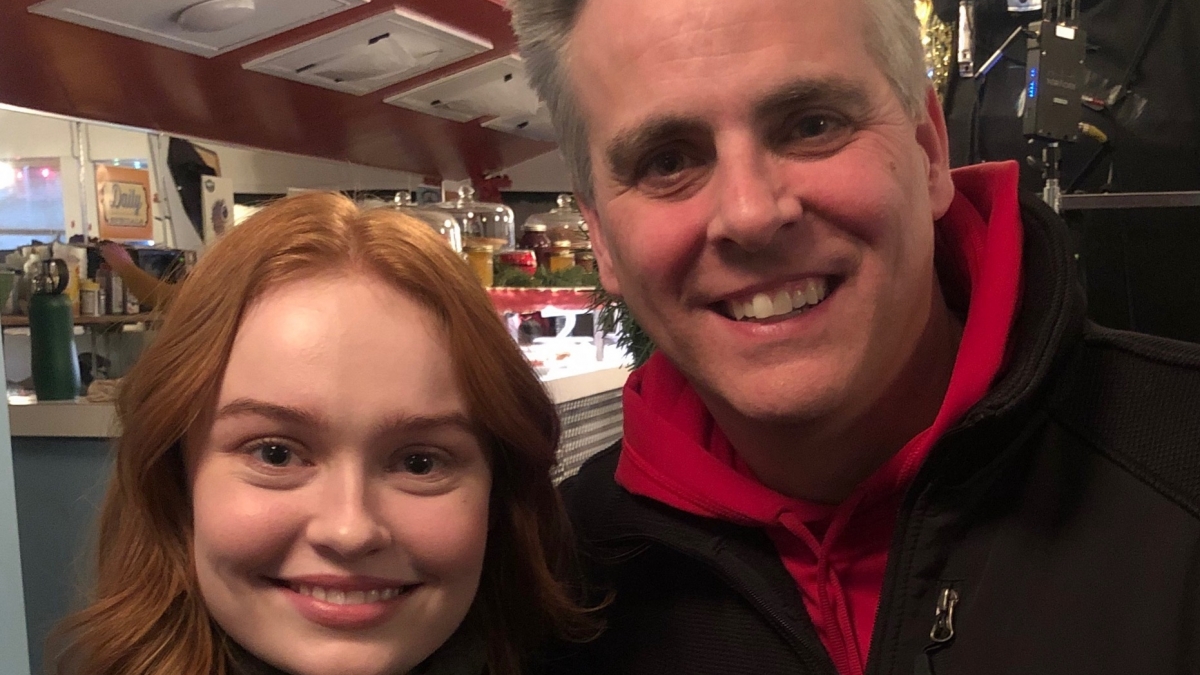
Inside my personal — and surprising — experience on the set of Christmas Jars, The Movie
Call it a modern day miracle. Thirteen years after signing the development deal, production of my best-selling novel “Christmas Jars” is finally shooting in Ottawa, Canada.
I’ve been to the set twice and I’ve learned a bit about filmmaking, storytelling, and the Herculean team effort it takes to tell a black and white, paperback story on a massive screen in millions of colors. It’s been an interesting and memorable learning experience.
But the most fascinating and lasting lesson has nothing to do with lights, cameras or action. The takeaway wasn’t about the movie – it was all about the people making it.
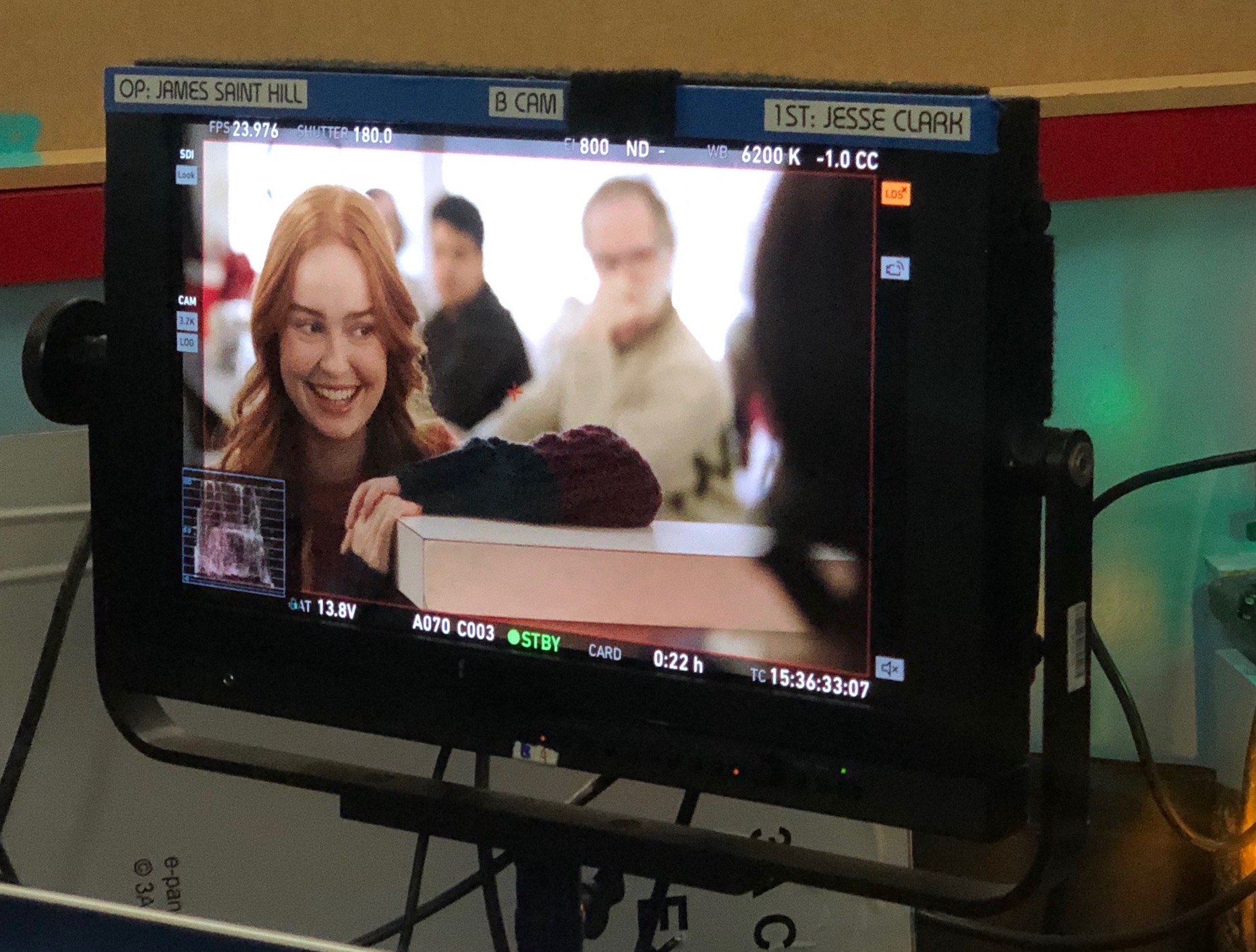
Like you, I’ve heard scads of scandalous stories about the entertainment business. Stars who roll in and out like royalty, making ridiculous demands of assistants. Divas who throw scripts, curse crews, insult directors. Actors and actresses who constantly hit on one another, fall for their married co-stars, and break-up happy families.
But wait, there’s more. Right, TMZ?
You’ve likely read about producers who insist they know more about everyone’s job than the folks paid to do them. Directors who yell, scream profanity, and kick people off their sets for breathing too loud.
Sounds more like a film about movie making than anything I witnessed on a real set.

The talent? They were kind and humble. Not just to me and my family, but to everyone. They smiled, learned names, and chatted with everyone and anyone. They didn’t refuse selfies or mock the extras working in the fuzzy backgrounds of the frame. They were gregarious, generous and gracious.
The director? He was gentle and soft spoken. That doesn’t mean he didn’t control the flow and pace, or insist on professionalism. But he treated everyone at every level as an equal.
The producers? They mostly observed, never meddled. They sought out opportunities to cheerlead and uplift. Rather than send a production assistant out for hot coffee on a cold evening, one of the producers went out himself and brought back coffee for others.
Everyone from gaffers and grips to electricians, prop masters and craft services, treated one another with respect. I’d never heard so many adults say “please” and “thank you.” I’d never seen so many people with a singular goal of not caring who got credit for getting it right.
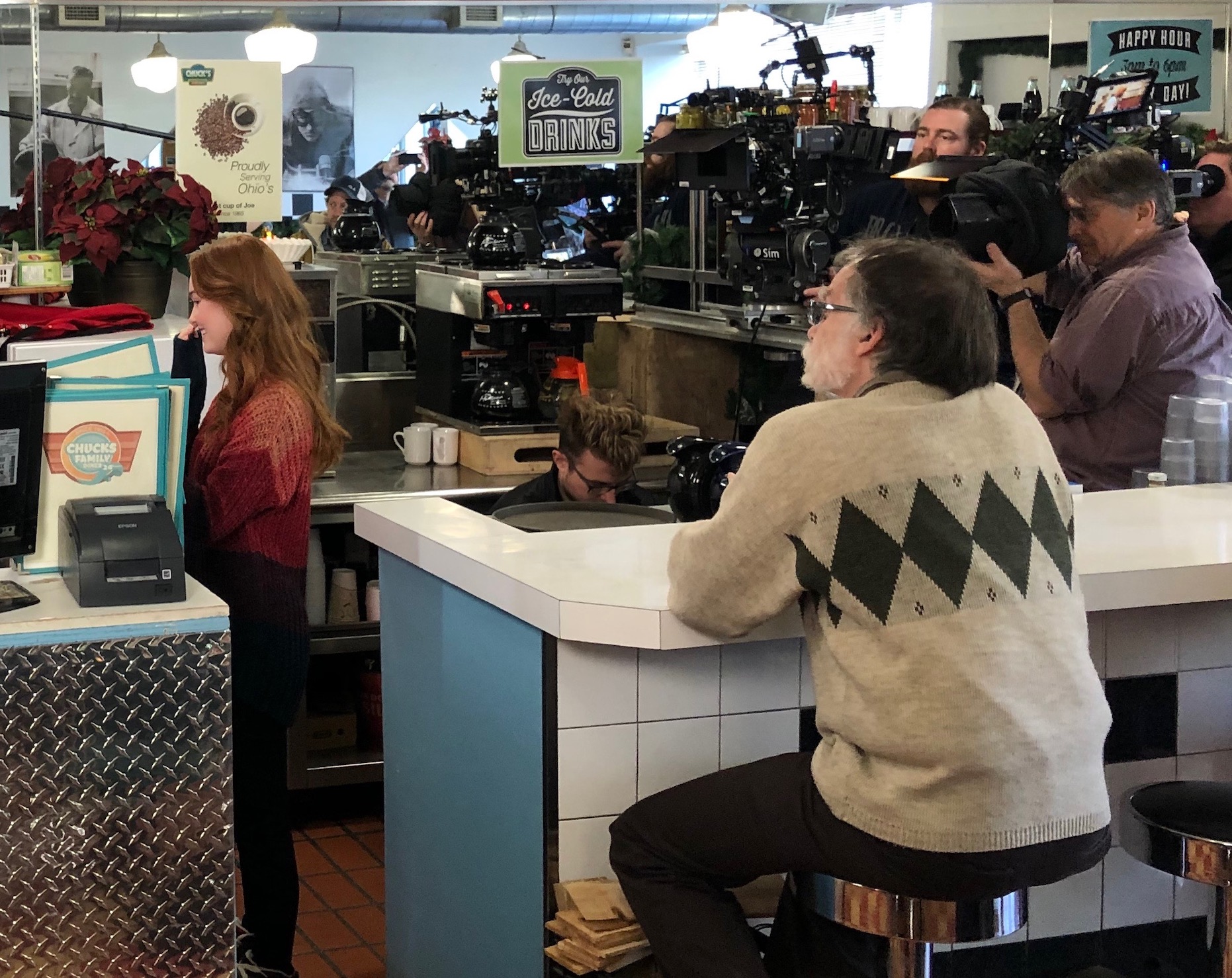
When a drink spilled late one night, no one cursed, pointed a finger, or shouted at a set peasant to clean it up. Instead, three people rushed for paper towels and tackled the mess.
When time was tight between scenes, a producer didn’t wait for the props department or set decorators to make adjustments. He simply picked up a Christmas wreath, hopped on a chair, and pitched in.
The executive producer of the film, Jesse Prupas, left the set late one night to drive four hours to keep a promise to make his kids pancakes. Others spoke of their spouses, their babies on the way, and missing their families while away on extended projects.
Of course this is one film, one set, one production company, and one team of filmmakers. But what if there are more just like this one?
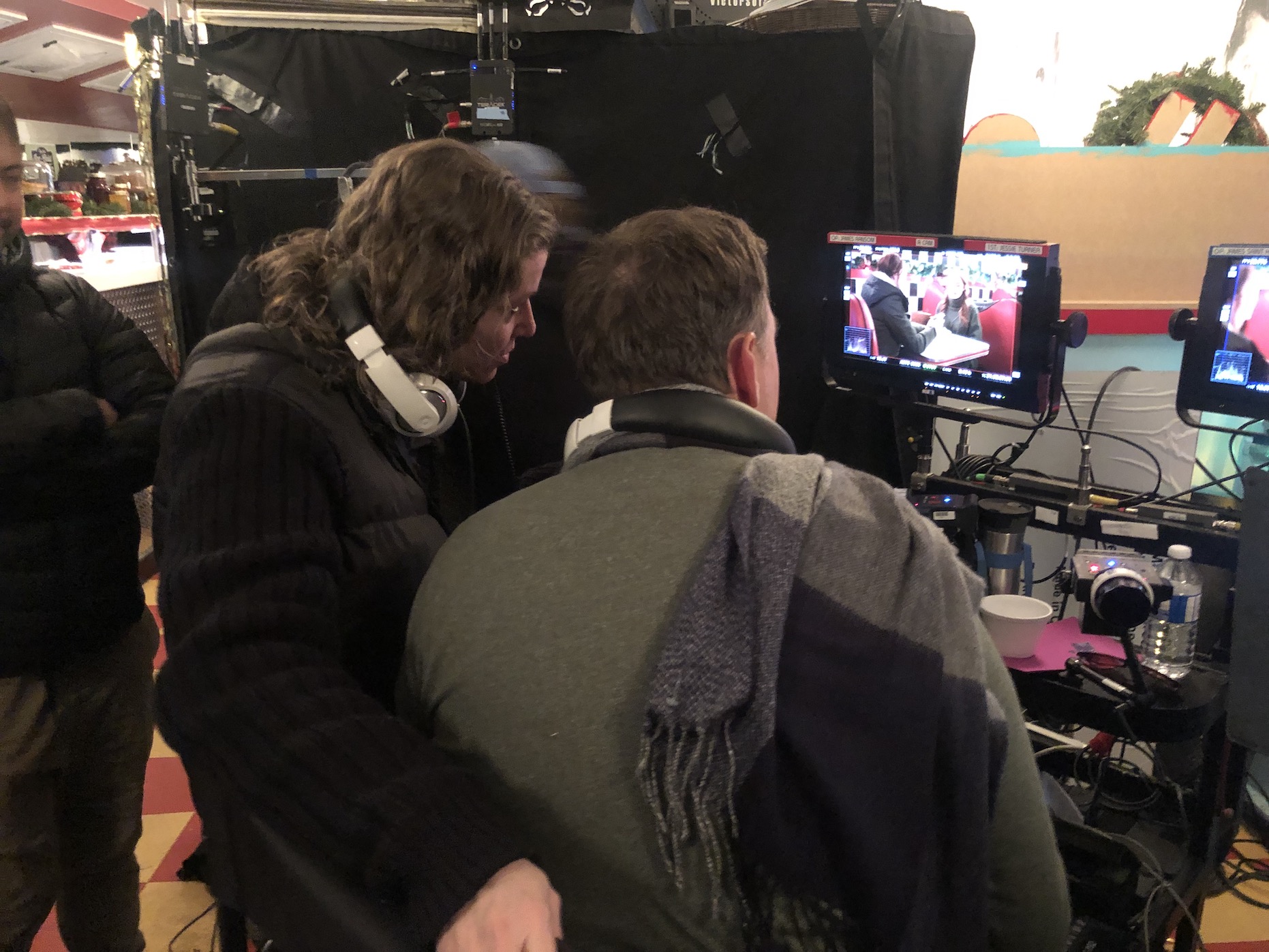
What if the stereotypes about Hollywood and the entertainment business are wrong? Maybe the high drama and viral bad behavior moments are the exception to the better script?
Perhaps the greater lesson isn’t about entertainers or their industries. It’s about our nasty habit of assuming. Why don’t we all be a little less quick to apply labels, to stuff people into boxes, and to assume every tabloid and social media headline is true.
Now that would be a modern day miracle.
Subscribe for book giveaways, events, to become a beta reader, and more.



